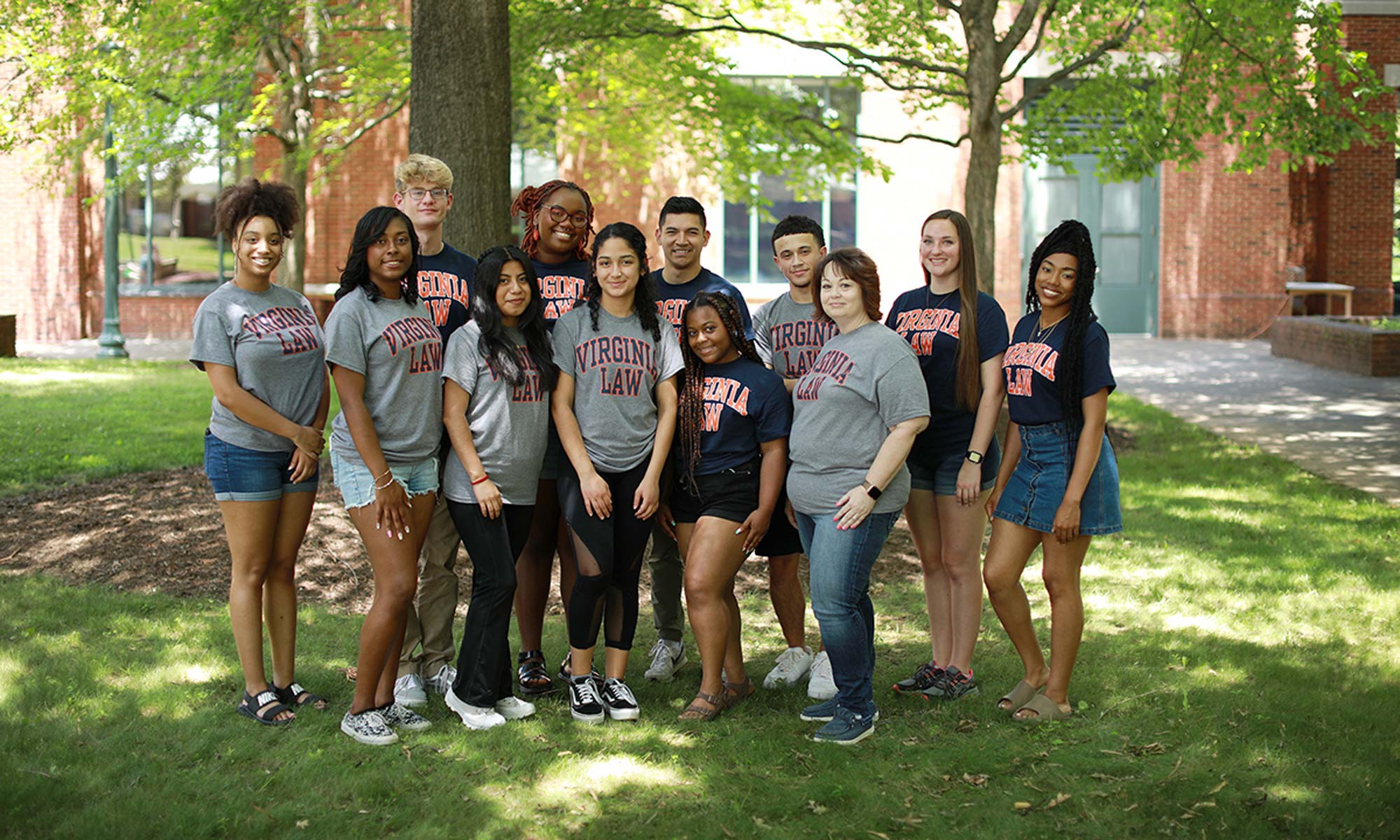
In 2013 “Big Data” at UVA included a $100,000 Jefferson Trust grant that helped:
- support the creation of fellowship opportunities for graduate students from different departments to work together on important problems requiring data science for their solution
- provide opportunities for cross disciplinary collaborations
- provide greater visibility to the innovative and important data science work occurring at UVA
“In 2012 there were no pan-university institutes, and not as many interdisciplinary collaborations happening. The idea to put graduate students at the center of this was key because we intended to “use” them as gluons of sorts that would also facilitate exchanges and collaboration between their faculty advisors/mentors, and undergraduates working on the project” shares Phil Trella, Director of the Office of Graduate & Postdoctoral Affairs, and co-signer on the original grant.
Fast forward to spring 2019, and the University announced that the School of Data Science will be the institution’s next school. This is something neither Trella nor Don Brown, Founding Director of the Data Science Institute (DSI), ever envisioned in the early days of “big data”. “We did hope to grow DSI to be “the” major research institute at UVA” Brown admitted. Trella believes “…a lot has happened (quickly!) with convergence toward common methodologies, practices, philosophy, etc. that has moved data science from a loose set of tools and problems toward a new and burgeoning discipline.” Both Trella and Brown, along with Phil Bourne, current Director of the Data Science Institute, attribute DSI’s success to positively fostering collaborations between disciplines, support from senior leadership at UVA, and collaboration of faculty members in schools across the University. “A vision of a School without walls which supports interdisciplinary research and education at a time of extreme demand for data science expertise across all sectors” shares Bourne.
“The Jefferson Trust’s early investment in novel (high risk!) research I think allowed us to demonstrate that data science really touches upon all fields. We’ve had fellows in our program now from virtually every school and across divisions including humanities, life sciences, social sciences, etc. It was a challenge at first getting students to think of data science as something that could not just inform, but be integrated into, their work but these days we have far less convincing and explaining to do on that front” explains Trella. Bourne says that the Trust’s recent grant to the Data Science Institute to support collaboration with the local community is a further example of support which cross-cuts both UVA’s mission at large and that of the School of Data Science.
As the School of Data Science looks to the future, Bourne admits the difficult part will be deciding what not to do at a time of enormous demand. “We will share a strategic plan which addresses this challenge with clear goals and deliverables over the next 5 years.” Brown also shares some challenges will include hiring world class faculty to create the research and educational programs that will make us international leaders, creating new Ph.D. and undergraduate programs that will enable us to educate the next generation of leaders in data science, addressing and prioritizing new and emerging research challenges in data science, machine learning, artificial intelligence and their applications, and responding to the needs of UVA, Virginia, and our local community for data science services.

